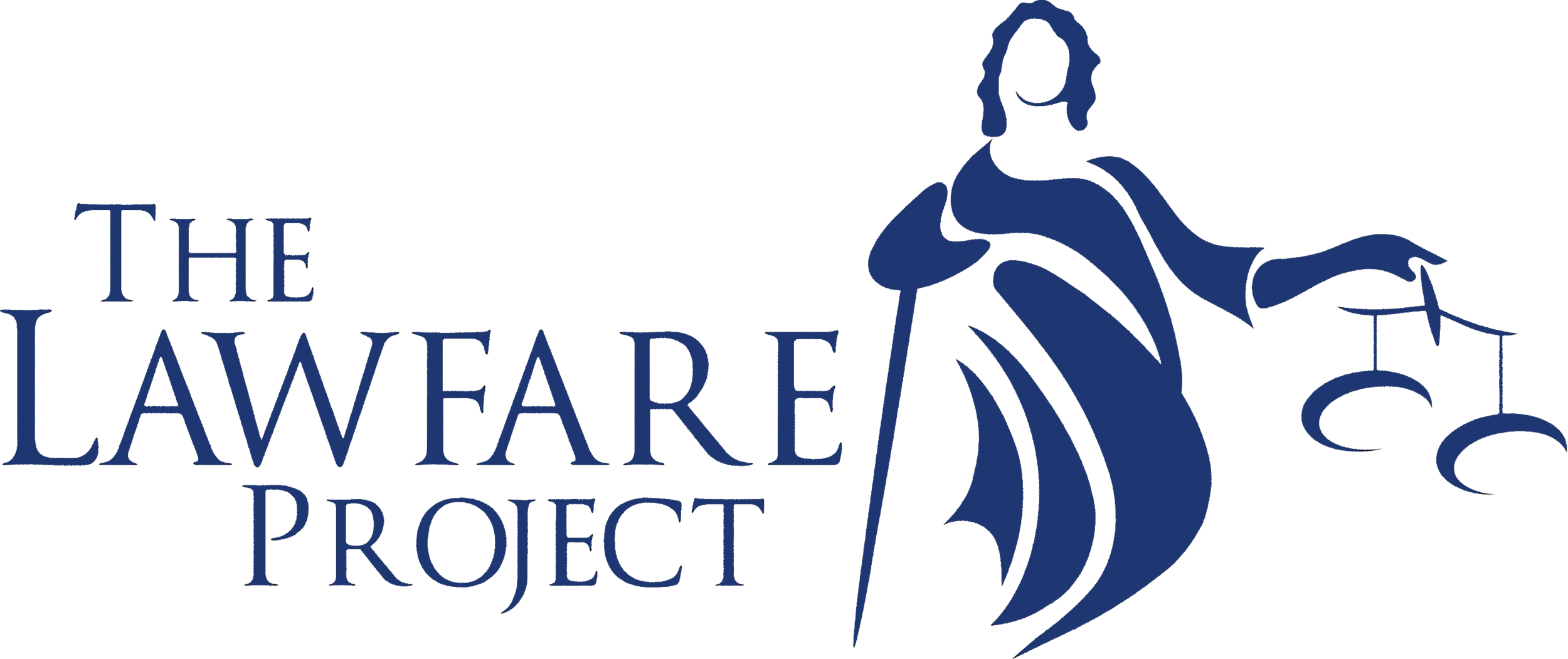Letter to The Highland Park Library concerning the reading of the book P is for Palestine at a children's event
Mr. Bruce Tucker
President of the Board of Trustees
Highland Park Public Library
31 North 5th Avenue
Highland Park, NJ 08904
Dear President Tucker and Members of the Board of Trustees,
I write on behalf of The Lawfare Project, a non-profit organization dedicated to fighting discrimination against Jewish people. We have been contacted by members of the Highland Park community who are distressed about the planned reading of the book P is for Palestine at a children's event at the Highland Park Public Library (hereinafter the "Library"). While on the surface P is for Palestine appears to be an innocuous promotion of Palestinian culture, a careful reading of it reveals its legitimization of the use of violence in the Palestinian-Israeli conflict. Such a book has no place in children's programming and, pursuant to the American Library Association’s Bill of Rights, is inconsistent with the Library's mission. Considering these facts, the Library has a compelling interest to prevent the reading of P is for Palestine and we urge you to take immediate action to that end.
It is our understanding that, in response to the numerous concerns raised about the reading of P is for Palestine, the Library has decided to postpone the reading of the book to a future date and to schedule a program around the book I is for Israel. While we appreciate the consideration the Board of Trustees has given the issue, the proposed solution of reading both P is for Palestine and I is for Israel completely misses the mark in addressing the legal and ethical issues implicit in the reading of P is for Palestine.
To be clear, opposition to the book's reading is not predicated on the author's viewpoint, though it may be offensive to many. Rather, the opposition is based on the book's legitimization of the use of violence for conflict resolution which, though cleverly disguised, renders it destructive and inappropriate reading material for minors. This distinction is crucial when evaluating the Library’s rights and obligations under the First Amendment of the U.S. Constitution with respect to the book’s reading. As detailed below, while a library may not censor a book based on viewpoint, it may restrict its reading to children if it finds it to be inappropriate for that audience. This is not only common sense, but perfectly legal.
